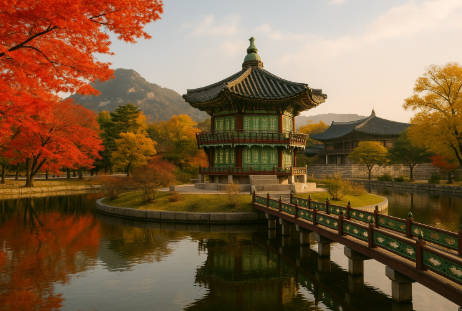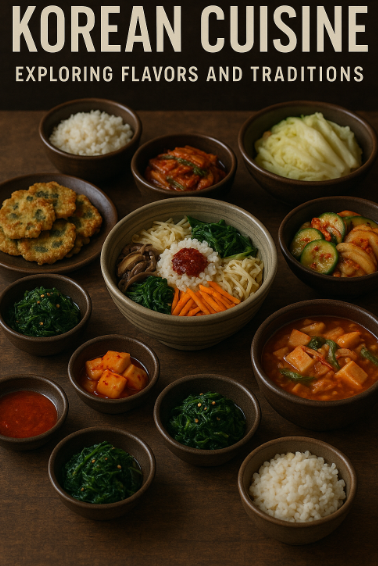Discovering South Korea’s Diverse Literature: A Guide for Global Readers
South Korea boasts a rich tapestry of literature that offers global readers a deep dive into its culture, history, and societal nuances. From classical poetry to contemporary novels, Korean literature provides a fascinating lens through which one can explore the country’s unique identity and global influence.
The Historical Roots of Korean Literature
Korean literature has its origins in oral traditions and the use of Chinese characters. Over centuries, it evolved into a distinct form as the Korean alphabet, known as Hangul, was introduced in the 15th century. This democratized reading and writing, allowing literature to flourish among the common people, not just the elite. Classic works like “The Tale of Chunhyang” capture the essence of these historical roots, weaving tales of love, loyalty, and social justice.
Modern Korean Novelists Making an Impact
In recent decades, South Korean writers have gained international acclaim, with works translated into numerous languages. Authors like Han Kang, who won the Man Booker International Prize for “The Vegetarian,” and Min Jin Lee, known for her epic “Pachinko,” highlight the themes of identity, displacement, and resilience. These contemporary authors capture the dynamic tensions within Korean society and offer an intimate look at the human condition.
The Unique Appeal of Korean Poetry
Poetry holds a special place in Korean literature, offering concise yet profound insights into life’s subtleties. From the classical sijo, a type of three-line Korean poem, to free-verse contemporary poetry, the art form is revered for its ability to convey emotions and philosophical thoughts succinctly. Poems by Ko Un, for example, reflect his lifelong journey and the tumultuous history of Korea, offering readers both beauty and depth.
Translating Korean Literature for the World
The role of translation in bringing Korean literature to a global audience cannot be understated. Translators work meticulously to preserve the nuances of Korean language and culture, enabling texts to resonate with readers worldwide. Organizations and literary awards are now increasingly recognizing the importance of translated works, further broadening the scope for Korean literature on the international stage.
| Author | Notable Work | Theme |
|---|---|---|
| Han Kang | The Vegetarian | Identity and Transformation |
| Min Jin Lee | Pachinko | Family Saga and Resilience |
| Ko Un | Ten Thousand Lives | Humanism and History |
The Cultural Influence of Korean Literature
Korean literature provides not only entertainment but also a cultural education. It serves as a repository of Korea’s rich traditions, societal values, and evolving identities. As the Korean Wave, or Hallyu, continues to surge globally, interest in its literary history and contemporary stories has grown. Readers find in these works a reflection of universal themes and the allure of a distinct cultural perspective.
FAQ
What makes Korean literature unique?
Korean literature is unique in its blend of historical depth, cultural richness, and contemporary relevance, often blending traditional themes with modern societal issues.
How can I start exploring Korean literature?
Begin with translated works by noted authors such as Han Kang or delve into classical poetry collections for a historical context.
Why is translation important in Korean literature?
Translation is crucial as it bridges the language gap, allowing Korean literature’s themes and stories to reach a wider global audience.
Summary
✅ Korean literature spans classical to contemporary works, offering insights into its rich culture.
✅ Modern authors have gained international recognition, highlighting global themes through a Korean lens.
✅ Poetry remains a revered form of expression, valued for its emotional and philosophical depth.
✅ Translation plays a key role in the global dissemination of Korean literary works.
✅ Interest in Korean culture, including its literature, continues to grow globally.
#KoreanLiterature #SouthKorea #KoreanAuthors #HanKang #MinJinLee #KoUn #KoreanPoetry #Translation #Hallyu #CulturalEducation #GlobalReaders #Hangul #KoreanHistory #Sijo #ModernNovels #InternationalLiterature #AsianBooks #LiteraryTranslation #BookRecommendations #CulturalHeritage #KoreanWave #Pachinko #TheVegetarian #CulturalInsight #DiscoverKorea #LiteraryGems #GlobalLiterature #KoreanCulture #ContemporaryAuthors #ReadingList #AsianLiterature


